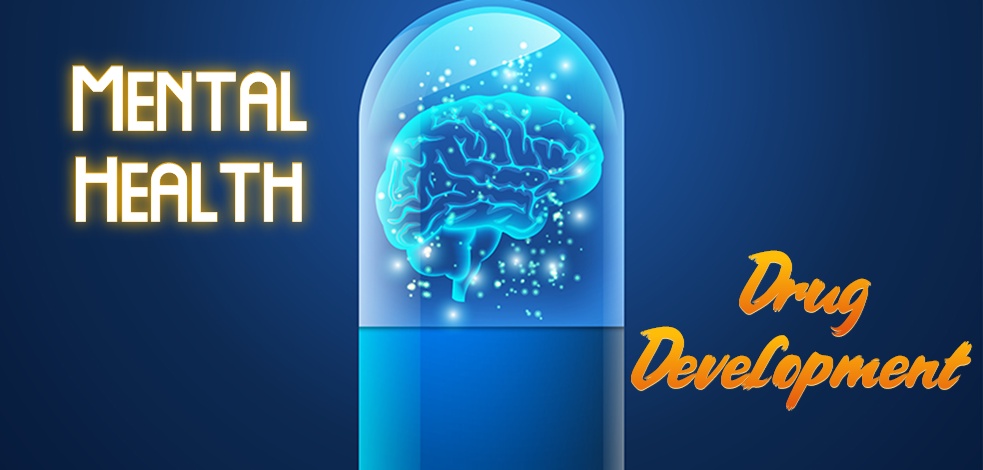The field of mental health drug development has witnessed significant advancements in recent years, thanks to a deeper understanding of genetics and its role in influencing mental health disorders. Historically, mental illnesses have been treated through various therapeutic approaches, such as psychotherapy and pharmacological interventions. However, the identification of genetic factors contributing to these disorders has opened up new avenues for developing targeted treatments. Today, we will explore the role of genetics in mental health drug development and how it is transforming the landscape of psychiatric medicine.
The Genetic Basis of Mental Health Disorders
Mental health disorders, including depression, anxiety, schizophrenia, bipolar disorder, and others, are complex and multifactorial conditions. They arise from a combination of genetic, environmental, and lifestyle factors. Genetic studies have shed light on the heritability of mental health disorders, revealing that a significant portion of their risk is linked to genetic variations.
Studies conducted on families, twins, and adoption have consistently shown that mental health disorders have a hereditary tendency. If an individual has a close family member affected by a particular mental disorder, their risk of developing the same or a related condition is significantly higher. Genome-wide association studies (GWAS) have identified specific genetic markers associated with various mental health disorders, providing valuable insights into their underlying biology.
Identifying Therapeutic Targets
Genetic research has accelerated the discovery of potential therapeutic targets for mental health disorders. By identifying genes and biological pathways implicated in these conditions, scientists can develop drugs that directly act on these targets. This precision medicine approach aims to enhance treatment efficacy while minimizing adverse effects by tailoring therapies to a patient's specific genetic profile.
For example, GWAS studies have highlighted several genes involved in neurotransmitter signaling, such as serotonin, dopamine, and glutamate, which play critical roles in mood regulation and cognition. By targeting these genes or their related pathways, researchers can develop drugs that modulate the activity of these neurotransmitters, potentially alleviating symptoms associated with depression and other mood disorders.
Pharmacogenomics: Personalized Medicine for Mental Health
Pharmacogenomics is an emerging field that seeks to optimize drug treatments based on an individual's genetic makeup. The genetic variations in drug-metabolizing enzymes and drug receptors can influence how a person responds to a particular medication. In the context of mental health drug development, pharmacogenomics offers the promise of personalized medicine.
Through genetic testing, clinicians can identify genetic variants that may affect an individual's response to specific psychiatric medications. By tailoring treatments to a patient's genetic profile, healthcare providers can improve treatment outcomes, minimize side effects, and reduce the trial-and-error process often associated with finding the right medication for each patient.
Challenges and Ethical Considerations
While the role of genetics in mental health drug development is promising, it also comes with challenges and ethical considerations. One significant challenge is the polygenic nature of mental health disorders, where multiple genes interact with each other and the environment to contribute to the risk of developing a disorder. This complexity makes it challenging to pinpoint precise targets for drug development.
Additionally, concerns about genetic privacy and discrimination have been raised. Genetic testing for psychiatric disorders could potentially expose individuals to stigma or prejudice. Safeguarding patient confidentiality and providing genetic counseling before testing are essential to address these ethical concerns.
Conclusion
The integration of genetics into mental health drug development represents a pivotal shift towards personalized medicine. The understanding of genetic factors influencing mental health disorders has opened up new possibilities for targeted treatments and improved therapeutic outcomes. As scientific research continues to unveil the intricate genetic underpinnings of mental health, the potential for innovative drug development holds great promise in providing relief and improved quality of life for individuals living with mental health disorders. However, it is crucial to approach these advancements with sensitivity to ethical concerns and ensure that genetic information is used responsibly and for the benefit of patients.


No comments yet